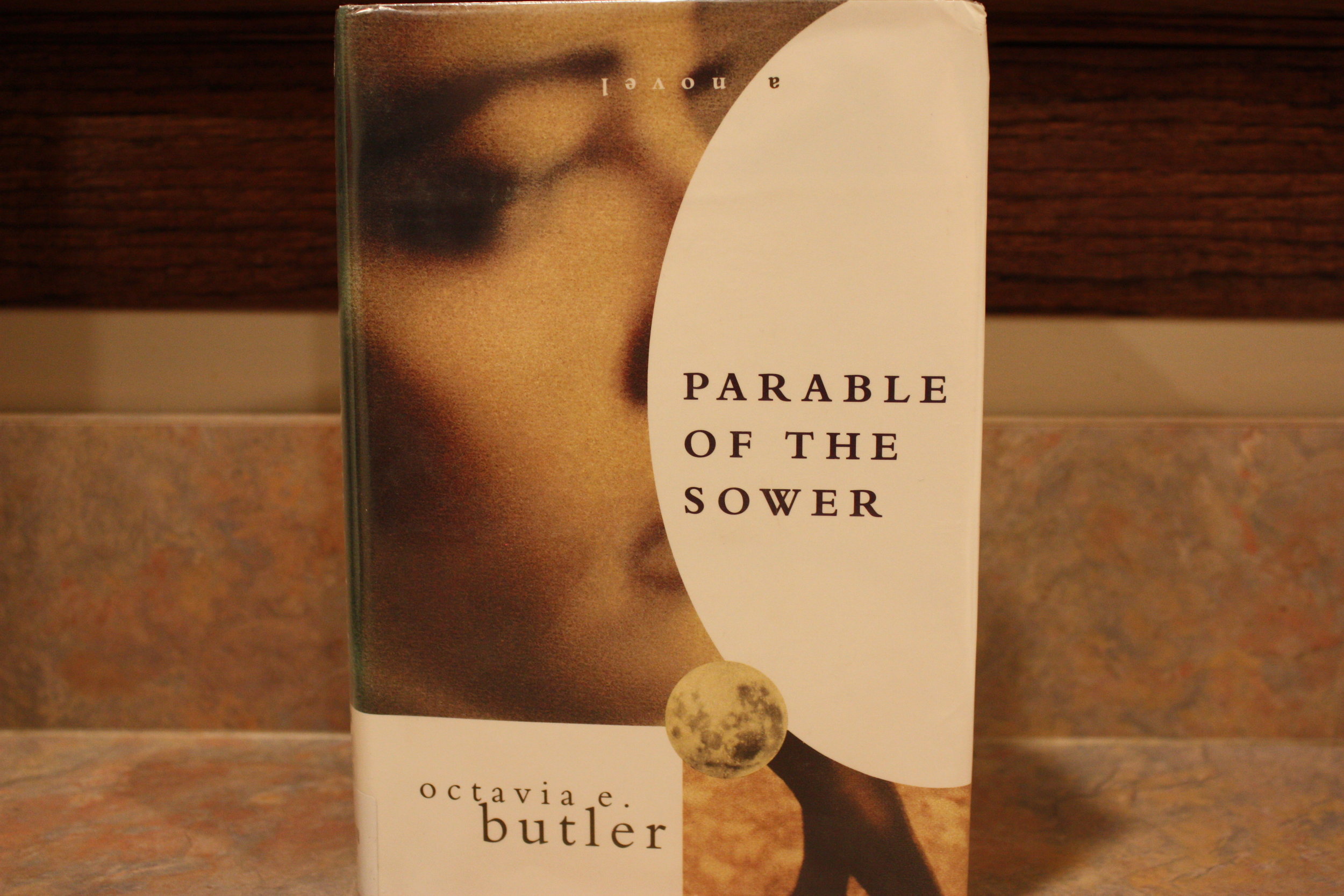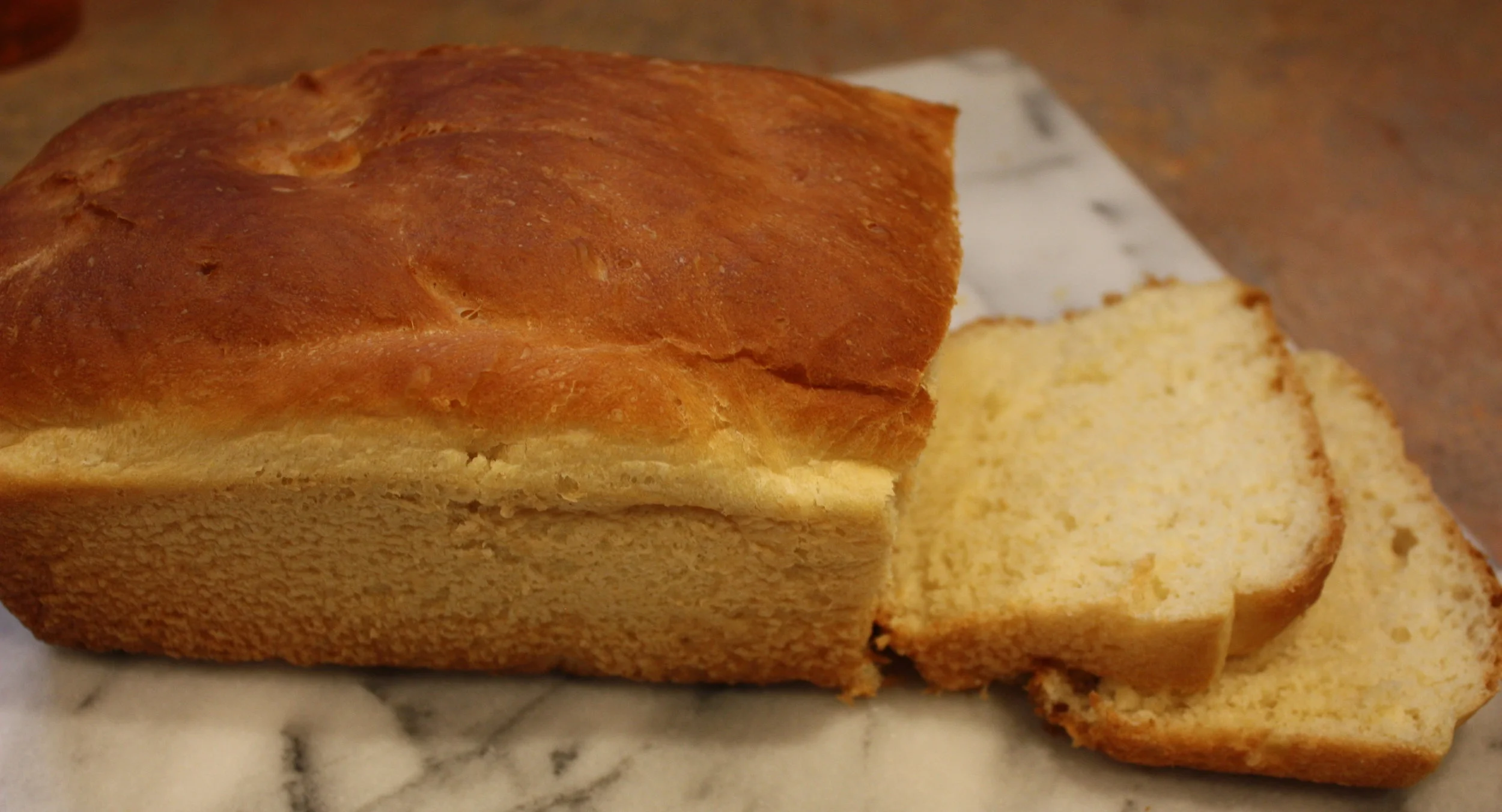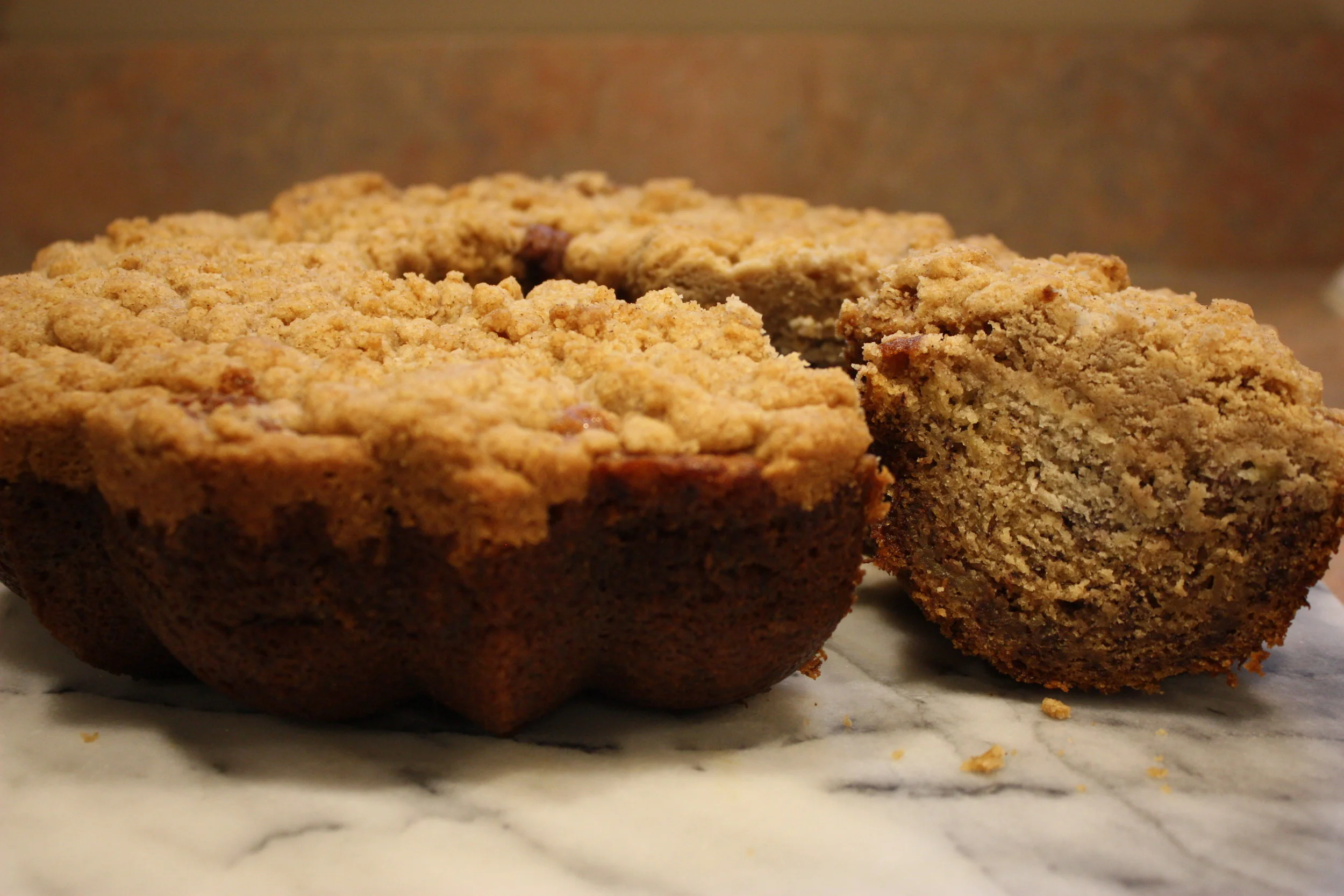Parable of the Zucchini Bread

“My father glanced back at me every now and then. He tells me, ‘You can beat this thing. You don’t have to give in to it.’ He has always pretended, or perhaps believed, that my hyperempathy syndrome was something I could shake off and forget about. The sharing isn’t real, after all. It isn’t some magic or ESP that allows me to share the pain or the pleasure of other people. It’s delusional. ”
It's unusual to find a dystopian book that focuses so much on religion—especially religions we see today. It was even more unusual back in 1993, when this book first came out.
Lauren, our 18 year old black protagonist, tells her story through a series of journal entries, and she begins with the confession that she no longer views her father's God (he's a Baptist minister) as her God, and hasn't for three years (7).
We get to watch her create a belief system she calls Earthseed, and eventually, watch as she begins sharing her beliefs with the people she meets. She writes, "If it happens that there are other people outside somewhere preaching my truth, I'll join them. Otherwise, I'll adapt where I must, take what opportunities I can find or make, hang on, gather students, and teach" (115).
Because religion plays such a huge part in this book, I wanted to make bread. Which plays a huge part in religion.
But Lauren discovering her religion isn't the only thing this book is about. It's also about trying to survive all of the dangerous people along the highway, the homeless and the Paints... people who are addicted to a drug that makes them want to set everything around them on fire, then rape and murder everyone they come across.
She also has to find a way to survive seeing all of the pain around her with her hyperempathy, which she often calls "her sharing."
I felt like I had to make two loaves of bread, so they could be shared.
Lauren talks about some of the food they have. A lot of their food comes from farming, though they do hunt a bit. In the beginning, when she's living with her family, she talks about acorn bread and the food in their garden (18-19).
I don't have any oak trees near me that I know of (I do have black walnut trees, but anyone who's peeled a black walnut will tell you exactly why I didn't make a black walnut bread (they smell, and stain your hands yellow-green for a solid three days, if you were wondering... and no, the smell doesn't go away before the stain)).
I did have pecans in my baking drawer, and since scavenging is so important in the book, I thought it would be fine to use pecans in the bread.
One thing that came up multiple times in Lauren's journal entries was squash. She notes, "...few things left to harvest: big squashes, pumpkins, and gourds still growing along with carrots, peppers, greens, and a little corn. Good, cheap, filling foods" (237-38).
Zucchini is my favorite kind of squash. It's also in season right now, which makes it fresh, cheap, and the obvious choice for this bread.
Zucchini Bread
-3 c all-purpose flour
-1 tsp salt
-1 tsp baking powder
-1 tsp baking soda
-3 1/2 tsp ground cinnamon
-3 eggs
-1 c vegetable oil
-2 1/4 c white sugar
-3 tsp vanilla
-2 c grated and squeezed zucchini
-2 c pecans, chopped
- You can either use two small zucchinis, like I did, or you can use one big one. It's up to you. Either way, you have to peel the skin off.
- Grate it. I prefer to use a very fine grater so the zucchini cooks down completely and the bread is nice and soft. If you want your bread to have more texture, you can use a grater with bigger holes.
- Now you have to wring the water out of your pile of zucchini strings. I prefer to use cheesecloth, and I typically put half of the zucchini in a square of the cloth, wad it up, and start squeezing. Once the water stops coming out of that one, I move on to the rest.
- In a medium-sized bowl, mix the zucchini with the eggs, vegetable oil, and vanilla.
- Add the salt, baking soda, baking powder, cinnamon, and sugar, and mix until it's completely incorporated.
- Add the flour, cup by cup, until the batter is completely smooth.
- Pour the batter into two bread pans that have been prepared with butter or cooking spray.
- Sprinkle the chopped pecans on top.
- Bake the two loaves at 325 degrees for 40-60 minutes. The timing is all going to depend on the type of pan you use. I've noticed that, in my oven, baking the loaves in glass will take about 50 minutes, whereas baking in CorningWare will take about 60. That said, all ovens are different, so make sure you check with a toothpick.
- Once the loaves are done, remove them from the oven and let them cool.
Zucchini bread is good warm, cool, and cold, so eat it whenever you want. You can dust it with confectioner's sugar, slather it with butter, cover it in Nutella... it's really up to you. You can share, like Lauren, or you can horde it all for yourself. It's your choice to make.








